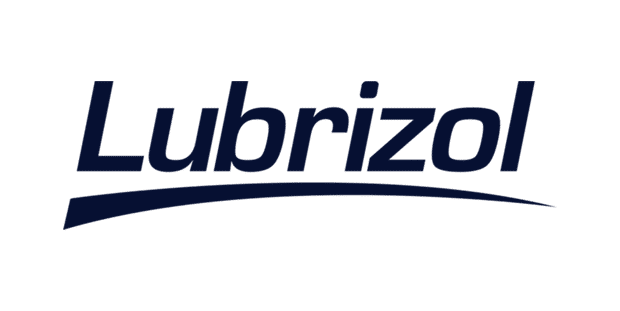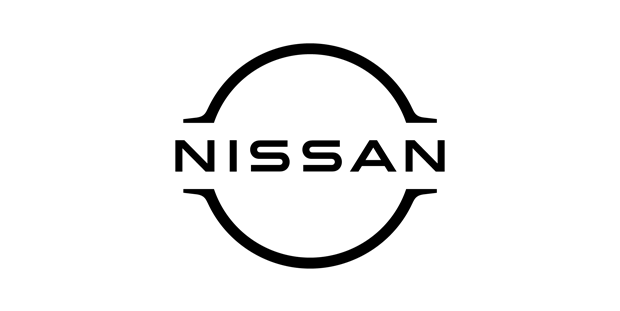We’ve spent the last 20 years reimagining the traditional cross-team approach to SEO. We deliver measurable ROI through data-driven enterprise SEO strategies by helping large organizations improve their search rankings, increase organic traffic, and convert visitors into customers. Our team of modern SEO consultants and agencies doesn’t chase SEO tactics or the “next big thing in SEO.” We utilize search to solve business growth challenges. Common challenges we solve: In these instances, our SEO agency offers various options for tactical SEO engagements and SEO consulting for enterprise companies and smaller brands. IND Distribution is an eCommerce company specializing in aftermarket automotive parts and accessories. They offer a diverse catalog of performance parts, replacement components, and automotive accessories to car enthusiasts and professionals through their online store. Industry: eCommerce / Automotive Aftermarket Parts Type: eCommerce Business Challenge: IND Distribution needed to migrate their diverse aftermarket product store to a new eCommerce platform (Shopify). They required expert planning and execution to avoid losing their existing traffic and sales during the migration, plus ongoing support to maximize the new platform’s potential. Approach: Emulent provided comprehensive eCommerce migration and SEO services: Bill was invaluable when it came time to migrate a diverse aftermarket product store to a new platform; we couldn’t have asked for better planning through execution. Bill’s expertise in SEO instantly saw our site traffic increase by +155%, sales grow by +673%, and search result rankings increase significantly and maintain a very high level. As we worked through new content, the long-term support ensured that none of our efforts were wasted, a huge benefit to our efficiency as a company. GM, IND Distribution The objective of Phase 1 is to understand your current state, identify opportunities, and develop a strategic roadmap for SEO success. Enterprise SEO success depends on more than tactics—it requires organizational alignment. We assess your SEO maturity across teams (marketing, development, content, product) to understand integration depth and guide our strategy. Before optimization begins, we make sure your analytics infrastructure can track SEO performance and attribute revenue to organic channels. We audit your: We crawl your entire website—analyzing crawlability, indexing status, Core Web Vitals, page speed, schema markup, and 90+ technical factors—to identify issues affecting your search rankings. Using Google Search Console data, server logs, and enterprise crawling tools, we create a prioritized list of technical fixes based on impact and effort. Your backlink profile directly impacts domain authority and rankings. We audit all inbound links across multiple data sources to: Understanding your competitive landscape is essential for enterprise SEO strategy. We analyze your top competitors’ SEO approaches, including: Traditional and AI search engines prioritize sites that deliver excellent user experiences. We evaluate your website’s design, navigation, mobile responsiveness, and conversion paths to identify UX improvements that support both rankings and conversion rates. You receive a comprehensive audit document containing all findings and insights, along with a prioritized action plan with recommendations organized by impact and implementation complexity. Phase 2 of our SEO process centers on monthly SEO services. Our goal is to accelerate growth through keyword strategy, content creation, and data mining to uncover market opportunities. Enterprise keyword research goes far beyond finding keywords with high search volume. Our process includes: Based on keyword research and competitive analysis, we develop and execute a content strategy that builds topical authority and drives organic traffic: Enterprise websites constantly change. New pages launch, content updates are made, and platform migrations occur. Our team ebbs and flows alongside your site by providing continuous technical SEO monitoring and optimization: Like your website, the search landscape is constantly evolving. Our ongoing consulting ensures your SEO strategy is nimble and adaptable: Sources: CSA Research, Search Atlas, Google, Mordor Intelligence, Schema.org, Boston Institute of Analytics Enterprise SEO addresses the unique challenges of large-scale websites by managing thousands of pages, coordinating across multiple teams, handling complex technical architectures, and proving ROI at scale. While the core principles of traditional SEO remain the same—keyword research, page optimization, and quality content, for example—enterprise SEO requires scalable processes, advanced tools, and experience working with large organizations. Most clients see initial improvements in technical health and indexing within 30 to 60 days. Meaningful ranking improvements and organic traffic growth typically emerge within 3 to 6 months, with compounding results over time. Enterprise SEO is a long-term investment that delivers sustainable growth rather than quick fixes. Yes. Enterprise SEO success requires cross-functional collaboration. We write clear technical requirements, participate in sprint planning, and stay involved through QA and release to ensure SEO recommendations are implemented correctly. Absolutely. We specialize in protecting rankings and traffic during website migrations. Our process includes comprehensive redirect mapping, content migration planning, technical validation, and post-launch monitoring to ensure search visibility stays stable. At Emulent, we focus on impact first. Template-level optimizations, high-traffic sections, and revenue-driving pages take priority. Our prioritization framework considers search volume, current rankings, conversion potential, and implementation effort. You’ll receive monthly reports showing organic traffic trends, keyword ranking changes, technical health metrics, and revenue attribution. We also provide dashboards in Google Analytics and Data Studio for real-time performance monitoring. We connect organic traffic to business outcomes—leads, conversions, and revenue—using proper analytics tracking and attribution modeling. You’ll see exactly how SEO investments translate to business results. Yes. Our Enterprise SEO Masterclass provides hands-on training for marketing, content, and development teams. We help internal teams understand SEO fundamentals, follow best practices, and maintain optimization standards. We use enterprise-grade tools, including Google Search Console, Google Analytics 4, Screaming Frog, Ahrefs, SEMrush, BrightEdge, and custom analysis tools. Our technology stack handles the scale and complexity of large websites. Enterprise SEO Services







Modern SEO is a long-term business strategy that includes publishing, AI optimization, brand building, marketing, website experience, and technical SEO. Given this complexity, it’s no surprise that the short-term tactics employed by many SEO marketing agencies consistently fail to deliver results.
Challenges Our SEO Consultants Solve
Because We Know SEO Is So Much More Than Keywords or an SEO Health Score.


Tactical Enterprise SEO Services
Not every organization needs a holistic or full-service SEO engagement.

Migrating a Complex Automotive eCommerce Store to Shopify Without Losing Sales
Outstanding experience with the Shopify website migration and long-term support.
Chris
Phase 1: Our Foundational SEO Process
SEO Maturity Assessment
Measurement Strategy
Technical SEO Audit
Backlink Audit
Competitive Audit
Experience Audit
Audit Deliverable
Phase 2: Our SEO Growth Process
Advanced Keyword Research
Content Creation and Optimization
Ongoing Technical Optimization
Monthly SEO Consulting
Enterprise SEO Services Stats


Enterprise SEO FAQs
How is enterprise SEO different from traditional SEO?
How long does it take to see results from enterprise SEO?
Do you work with product and development teams?
Can you support large migrations or replatforms?
How do you prioritize work on large sites?
What reporting do you provide?
How do you measure SEO ROI?
Do you offer SEO training for internal teams?
What tools do you use for enterprise SEO?
153%+
Organic Traffic
673%+
eCommerce Sales